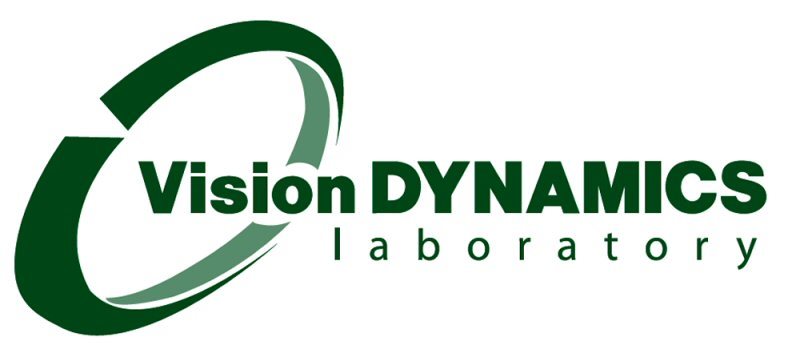Ask The Labs – Glass Half Full
Q Though we don’t hear as much about glass lenses these days, we know that they still play a role with both dispensers and patients. What are their benefits?

a Vision Dynamics LabThe latest estimates suggest that glass is still 1 to 2% of the ophthalmic lens market. Though this is a small percentage, it is remarkable considering the amount of time plastic and polycarbonate lenses have been available. The primary barrier is that most ECPs actively try to move glass wearers to newer materials. The perception in the marketplace is that glass is outdated. In reality, glass provides superior optics as evidenced by its availability in many high-end sunglasses.
— Eric Lindquist, national sales manager, Vision Dynamics Lab, Louisville, KY
a Glass does have some unique purposes. Namely, its scratch resistance makes it very popular in the farm belt. If I’m dirty and sweaty, I can pull my shirttail out and wipe my lenses without issue. You can’t do that with any other material. Also, patients in certain occupations are benefitted by glass lenses, such as X-ray technicians. Welders and glass blowers also benefit from specialty glass lenses.
— John Greco, director of lab operations, Rochester Optical, Rochester, NY
a Glass also helps to give a better sense of value to a pair of lenses and make them feel more ‘special.’ This is due to what most people consider the negative aspects of glass—its weight and possible breakage.
The weight makes them feel more substantial and, because they could shatter if they were mishandled, patients tend to take better care of their glasses. This helps to give glass, especially tinted and polarized lenses, a good standing in the realm of designer sunglasses.
Younger people want things like ‘the best optics’ and ‘superior scratch protection’ in their sunglasses, as these are what they wear outdoors. It only makes sense to give them something that meets these needs.
— Bill “Other Bill” Heffner, IV, vice president, FEA Industries, Morton, PA
Q Is it harder to get glass lenses processed by labs?
a In surfacing and finishing, glass takes its own equipment and know-how in order to process. Plastic lens generators are more like lathes, where they have a point that shaves off material as the lens spins.
Glass machines are different in that they use wheels to grind the lens. Most glass also requires tempering/hardening, which can add another day of processing alone. This is done to help strengthen the glass so it will pass the drop-ball test.
— Bill Heffner, FEA Industries
a Though some labs have stopped processing glass jobs, that doesn’t mean that your lab won’t still service your glass needs.
Many labs are farming out their glass jobs to the laboratories that still DO process glass lenses. Labs would much rather make less on a farmed-out job in order to be able to fully service their ECP customers.
Posted on 06/02/2014 at 12:00 AM
